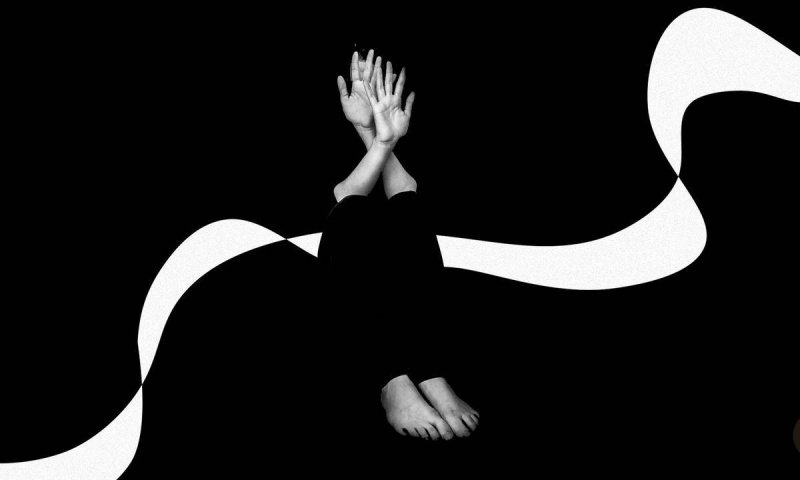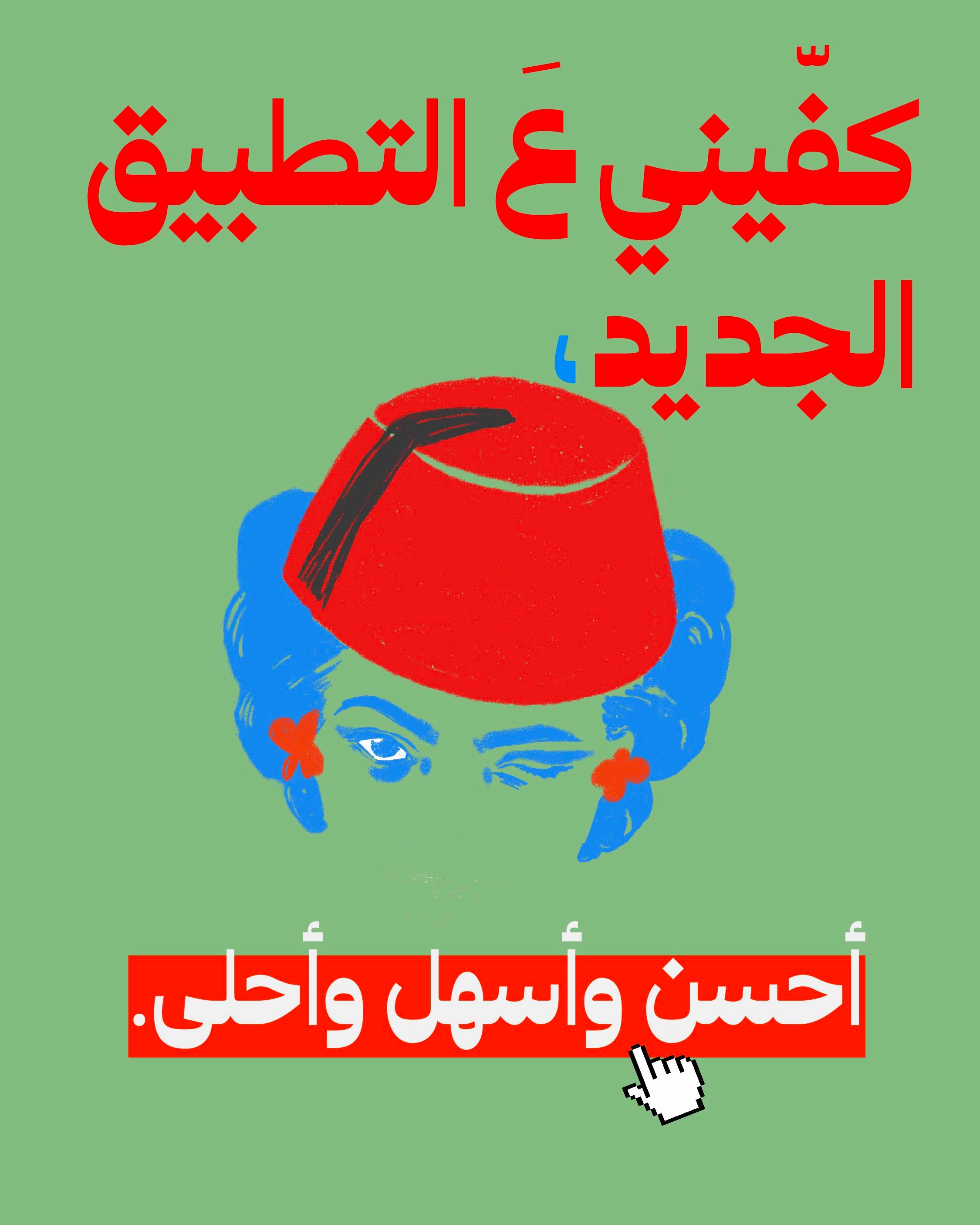Imagine being thrown in prison because of your sexual orientation, or because your parent filed a case against you citing "disobedience" for refusing their choice of a husband?
Imagine also that this prison becomes your only sanctuary – of your own free will – after a family member sexually assaulted you, or after you were beaten by one of them?
This can appear dramatic to some, or exaggerated – but they are in fact a sample of what girls in Saudi Arabia's "Care Home" (Dar al-Reaya) are subjected to.
The Care Home receives females from the age of seven up to thirty years-old, who can only leave the facility with the permission of their parent/guardian who is often the reason for their escape. After the age of thirty, if there is a court judgement against the girl, she continues her punishment in a women's prison, or otherwise is referred to the "Hospitality Home" which she is not allowed to leave.
The subject has become the trending topic of conversation on Saudi Twitter, at least for now. The issue emerges into the spotlight regularly, but this time it is somewhat different after a feminist Saudi activist, Sarah al-Yahia, launched a campaign titled "White Ribbon" in solidarity with the girls of the Care Home.
The campaign went viral under the hashtag #White_Ribbon, in which thousands of girls and women offered their solidarity to the "imprisoned" and published photos showing them wearing a white ribbon on their wrists or on their clothes.
Extortion
In a conversation with Raseef22, Sarah depicted a clear image of what takes place inside the Care Home, pointing out that vexatious litigation claims such as "disobedience to parents", "absenteeism" and "escaping" are used to transfer women to the Care Home.
Sarah additionally spoke of the extortion that Saudi women are subjected to in the 'Care Home' and the pressure on them to relinquish many things, such as their complaints which they may have submitted against their violent abusers, such as the father, brother or mother for example.
Ultimately, Sarah charged the "extremists and members of the Committee for the Promotion of Virtue and the Prevention of Vice" with the responsibility of what girls and women endure in the Care Home."
Freedom In Exchange for Marriage
Sarah and other participants in the campaign are calling for the abolition of the condition which requires the approval of the parent/guardian in order to release the “prisoner”. Additionally, some girls resort to marriage to leave the Care Home.
According to Sarah: "The suitors proposing themselves for marriage are usually [religiously] hardliners, those rejected by society or those with a past criminal record: also they take advantage as the Care Home girls go for a small dowry not exceeding 3,000 Saudi Riyals (nearly $800 US Dollars) and sometimes less."
"There are cameras everywhere, even in the toilets", while affirming that the only difference between the Care Home and the prison lies in their names. "There is a horrendous physical inspection and awful treatment, they treat us as if we were mice".
Imagine being thrown in prison because of your sexual orientation, or because your parent filed a case against you citing "disobedience" for refusing their choice of a husband?
She adds: "If divorce takes place, the husband informs the Care Home of the event, meaning that the victim returns to it again; if the girl refuses, he submits a legal claim against her citing 'absence' and 'escape', and so she becomes wanted with the security forces."
Sarah continues: "For the girl to leave the Care Home she must marry once again. Thus, a pattern of exploiting girls is repeated by linking the condition of them leaving the home to accepting marriage."
Sarah clarifies: "The girl is not forcibly married off except when her family reject her and do not want her back."
The founder of the "White Ribbon" campaign also called for the compensation of the girls in the Care Home after their release for every year that was wasted from their lives, as they awaited the approval of their guardians to be released from imprisonment. "It is unbelievable that those who are responsible for putting the victim inside the Care Home, are the ones whose approval is required to get her out" she declared.
Sarah adds that it is necessary to provide a safe sanctuary for the girls and women and allow them freedom of movement, stating: "Most of the cases against them are "absence", "escape" and "disobedience", i.e. vexatious litigation, and the reason is familial violence and assaults by the father, brother and mother. The disaster is that the abusers who were the reason for the escape of the girls are not punished."
Torture
According to Sarah, psychological torture of the girls and women takes place inside the Care Home, such as forbidding the victim from accessing necessities or important things to her with the aim of forcing her to return to her abuser and to thank God and have patience, and for her not to object – or else face a worse fate than that which she experienced in her family home.
In 2017, an account appeared on Twitter named "The truth of the Care Home" which sought to expose the reality which girls and women are subjected to in the Care Home. The account revealed that there are surveillance cameras everywhere, and that lights are kept on even during the night for surveillance purposes.
The anonymous owner of the account also revealed that if the woman refuses to do what she is told, such as cleaning the cell block, she is threatened with solitary confinement or is deprived of a meal. She additionally points out that the woman is lashed forty times at least when she sees the judge, whatever the charge is. Usually, the charge is dancing in the cell block or attempting suicide, with the lashing taking place every Thursday.
In one of her tweets, she declared: "Their biggest fear is that a relationship takes place between two girls, it is forbidden to touch each other or communicate with one another even if it was [just] with the eyes. [If that happens] they are immediately labelled homosexuals and a case is rasied against them." She continues: "The injustice against the girls reaches the extent that if they joke together they are labelled homosexuals; do you know what happens to girls accused of homosexuality?"
Indeed, according to the anonymous tweeter, those inmates with short hair are forced to wear a cap to hide manly looks, meanwhile those with long hair are forced to tie it back because they are "trying to seduce the others."
She additionally revealed that most of the females imprisoned were sent to the Care Home for being involved in some sort of 'emotional relationship'.
A Mattress In The Bathroom
In an interview with Raseef22, Amira (whose real name has been kept anonymous), a victim at the Saudi Care Home confirmed the allegations of the Twitter account ("The Truth of the Care Home"), adding that those who enter the Care Home are not only the girls that their families want to get rid of and punish, but also those whose parents/guardians refused to take back after the end of a prison sentence.
Amira declared: "There are cameras everywhere, even in the toilets", while affirming that the only difference between the Care Home and the prison lies in their names.
She added: "There is a horrendous physical inspection and awful treatment, they treat us as if we were mice. There are lots of heinous things that happen inside."
Amira also said that the supervisors at the Care Home use the mobile phones of the internees without their permission, as well as threatening them with solitary confinement "for any reason." She describes the solitary confinement as "a mattress in the middle of a bathroom."
Amira states that she had entered the Care Home after her family filed a case citing her "absence" from the home, though she clarifies: "I became absent because I wanted to report the violence that was happening to me; despite this they didn't listen to me."
The list of violations in the Care Home is long, but we must point attention to the number of girls and women who have tried to commit suicide – including "Lama", a 21-year old who ended her life in 2015 using a piece of cloth that she cut out from a prayer mat inside her solitary confinement.
Lama's friends affirmed that she had entered the Care Home after escaping from her father who used violence against her.
A Message to the Family
Through the platforms of Raseef22, Sarah directed a message to the families of the forgotten girls and women detained at the Care Home: "The shame doesn't belong to your daughter who is in the [Care] Home, but belongs to you after you exposed your daughter to rape and sexual harassment from the father, brother and stranger."
She adds: "You chose to wash away your shame by throwing your daughter in the Care Home until she became forgotten, and so that you can ignore your responsibilities to her. The shame is on you for using violence against your daughters and threatening them with litigation charged with "disobedience", "absenteeism" and "escape" because they decided to claim their independence away from the dangers of your violence against them," concluding: "We won't do the same as you did to them: [we won't] reject them."
No More Silence
According to Sarah, the interaction with the campaign has affirmed to her the existence of women solidarity as well as by men in the cases of familial violence, adding: "I was astonished by the level of awareness that Saudi women possess, she who became renowned by her continuous struggle as the one who most experienced difficulties, amidst the absence of laws that criminalize violence against her or safeguarded her safety from any familial danger."
She concluded: "The pictures of schoolgirls as they wear their white ribbons points out that there is a bright future awaiting Saudi Arabia," while noting that what most appealed to her was that "the girls departed from the silence of their grandmothers and mothers," refusing what they inherited – a woman’s voice is not a sin.
رصيف22 منظمة غير ربحية. الأموال التي نجمعها من ناس رصيف، والتمويل المؤسسي، يذهبان مباشرةً إلى دعم عملنا الصحافي. نحن لا نحصل على تمويل من الشركات الكبرى، أو تمويل سياسي، ولا ننشر محتوى مدفوعاً.
لدعم صحافتنا المعنية بالشأن العام أولاً، ولتبقى صفحاتنا متاحةً لكل القرّاء، انقر هنا.


